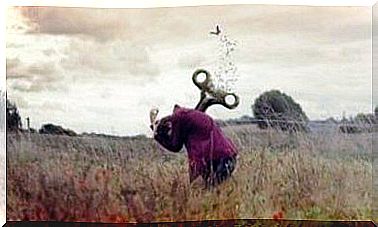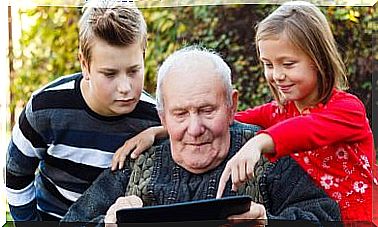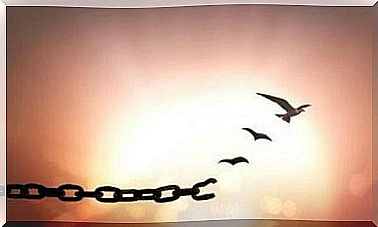Better To Raise Strong Children Than Mend Broken Adults
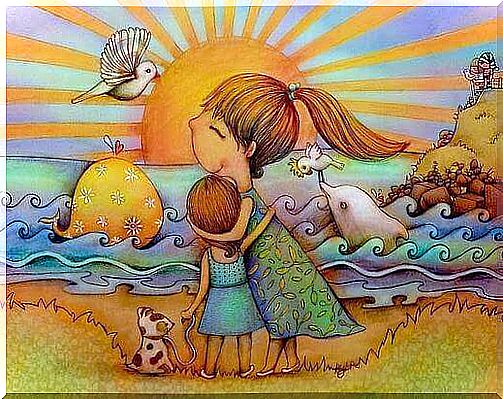
In the transformation process from children to happy and successful adults, emotions play a fundamental role. If a child’s emotional development takes a wrong turn, however, this will result in a large number of personal and social problems throughout his life.
The truth is, being responsible for a child’s emotional upbringing is no easy task. That is to say that making children understand that feelings have thousands of shades, even if we are often unable to see them, is certainly complicated.
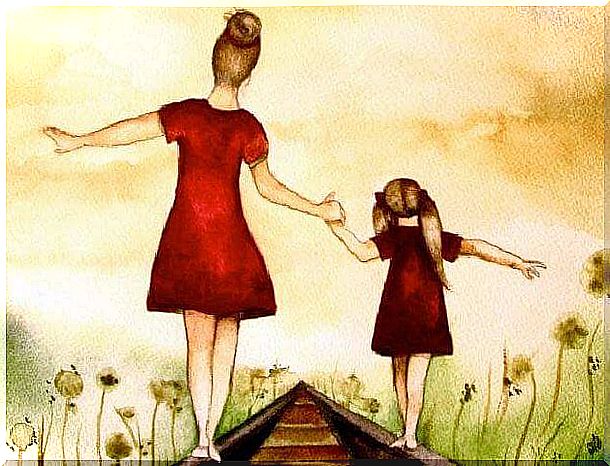
Awareness and emotional communication as the basis of the child’s strength
Emotional awareness is critical to our development throughout life. We need to be aware of what causes frustrating and negative feelings in us, and what gives us positive and pleasant feelings instead. In this way we will be able to understand, control and manage our emotions.
If we can do this, we will allow children (and future adults) to develop feelings about their own feelings. It may sound a bit convoluted, but it is important to become skilled emotional communicators and, in this way, to strengthen our inner and social ‘me’.
Teaching children to observe, communicate and learn what their emotions are will stimulate their development and help them achieve success in life. In the first place, in fact, we will avoid that they are vulnerable due to the conflicts caused by others.
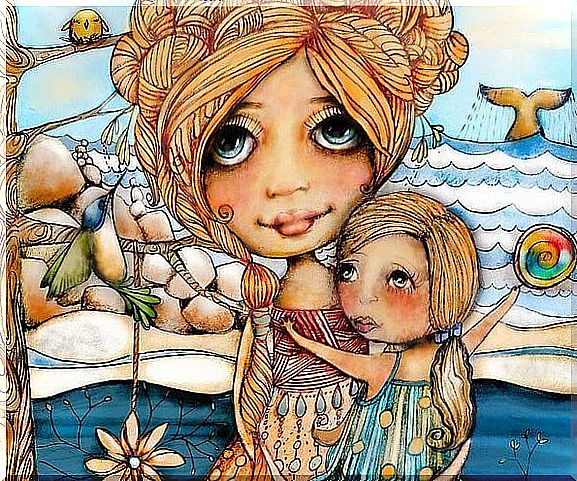
A great example of the importance of acquiring these skills is found in the book The Secret Language of Children by Shapiro Lawrence:
Martin, a six-year-old boy whose parents were going through a particularly damaging divorce phase. Martin’s father insisted that the child fly to Boston every weekend to visit him, while his mother would keep custody of the child during the week in Richmond, Virginia. Martin did not speak during the two and a half hour journey and wanted to go to bed immediately as soon as he arrived in one house or the other. Two months after the divorce, Martin began to suffer from stomach pain, and the teacher signaled to his parents that he hardly ever spoke to anyone at school.
During the child custody trial, Martin’s attorney asked him:
– How do you feel when you go to your dad’s house every weekend?
“I don’t know,” Martin replied.
– Well, are you glad to see your dad when you get to Boston? – the lawyer asked him again, trying to keep his emotions under control so as not to direct Martin towards one or the other answer.
“I don’t know,” Martin replied again, in a barely audible voice and monotonous tone.
– And what about your mother? Are you happy to live with her during the week? – inquired the lawyer, realizing that he would not have pulled a spider out of the hole.
“I don’t know,” Martin said again, and nothing in his attitude suggested that he did.

As the previous example demonstrates, this causes great suffering in children, which we should never allow. The problem is that the ability to express in words what we are feeling is essential to be able to satisfy our main needs.
This happens, among other things, because the words that describe emotions are intimately linked to feelings and to the physiological and emotional expression of the same. For example, a child needs to know that anxiety is associated with a slight increase in heart rate, blood pressure and a feeling of tension in the body.
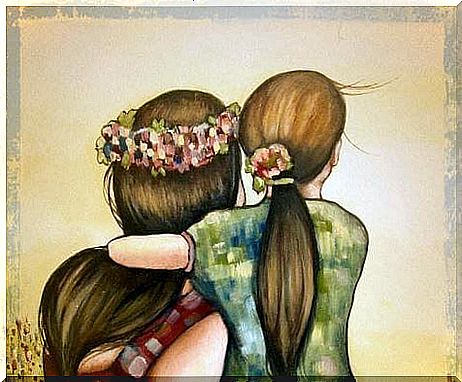
Although we can learn the language of emotions throughout our life, the people who use it from an early age are those who are able to express themselves more clearly and, therefore, who are more complete emotionally and socially. This opens the doors to success in life for them and helps them realize their dreams.
For this reason, it is fair to say that helping children develop this aspect is a real moral obligation . Only by raising strong children, in fact, will we avoid having to repair so many broken adults from loneliness, mistrust and intolerance towards themselves and society.
Images courtesy of Claudia Tremblay and Karim Taylor


